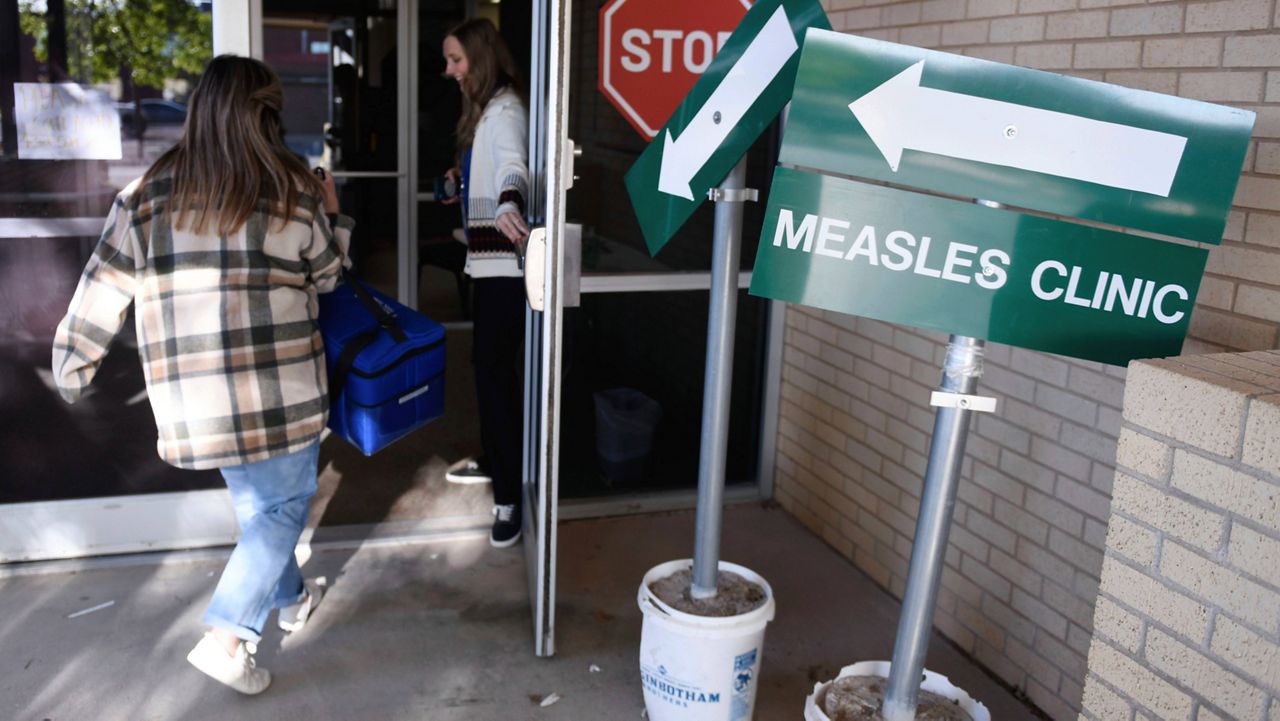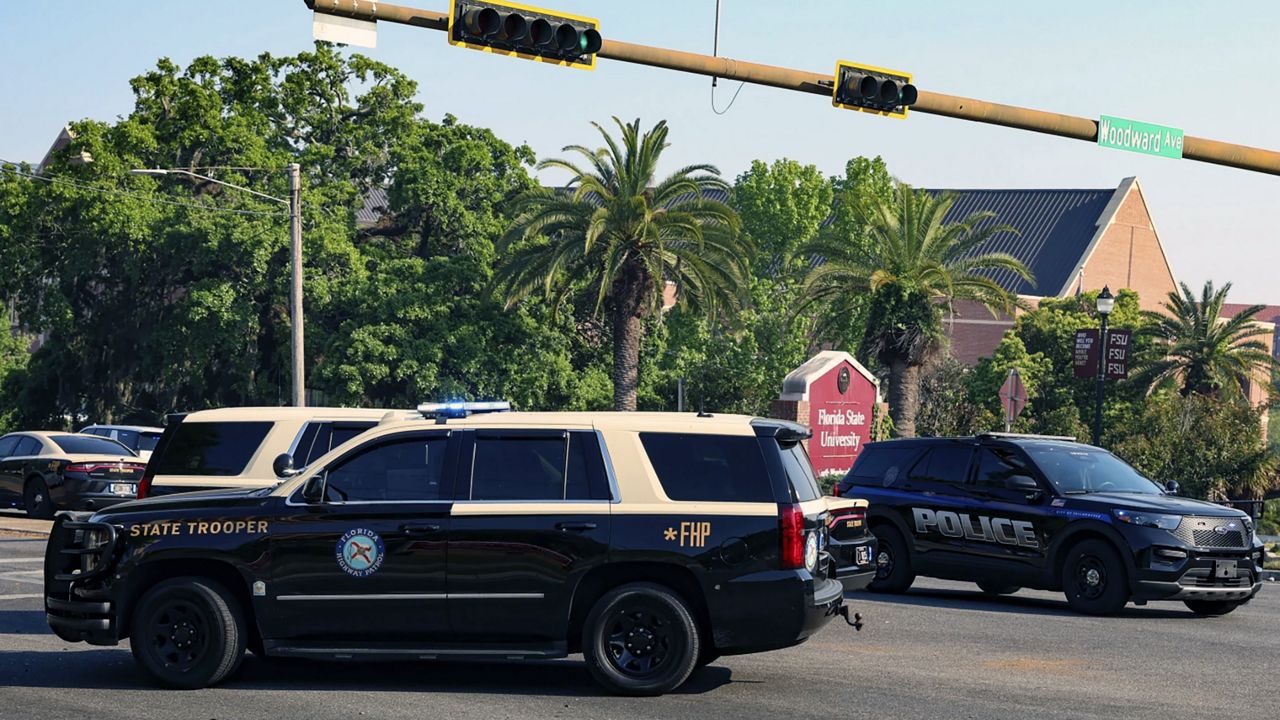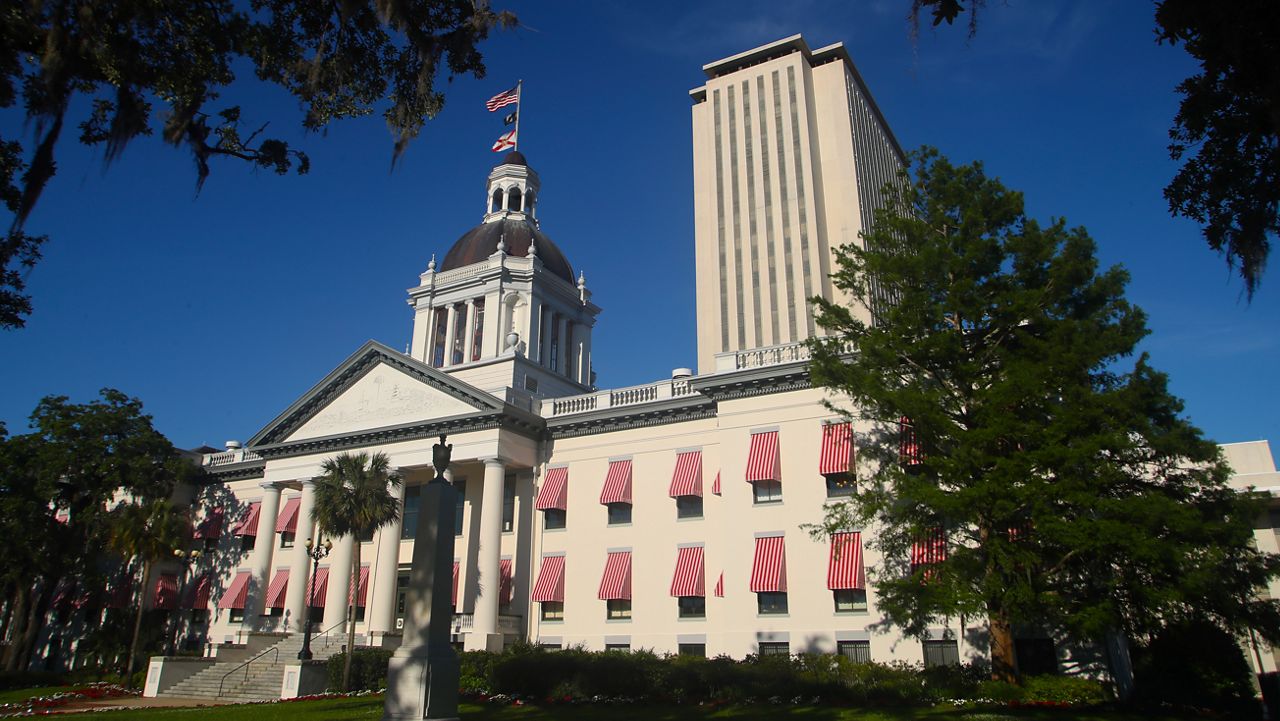With Florida poised to potentially gain two more congressional seats next year, a coalition of voting rights groups called on state lawmakers this week to sign a pledge to adhere to the state’s Fair District law, which says that the drawing of congressional and legislative districts must be created without favoring incumbents or any particular political party.
What You Need To Know
- Redistricting is inevitably a fiercely partisan activity, says House Democratic Minority Leader Co-Chair
- Congressional Democrats are pushing to pass a sweeping federal election law called H.R. 1
- The bill is strongly opposed by Republicans
- If you have trouble viewing the map above, click here
- More Politics headlines
Some of these same groups successfully sued the state Legislature following the redrawing of legislative and congressional districts in 2012, resulting in years of litigation before newly drawn up lines were ultimately approved in late 2015.
Among the changes that the Florida Supreme Court called for in striking down the 2012 maps was for the redrawing of Districts 13 and 14 in the Tampa Bay area. That resulted in more Democrats being moved out of the District 14 seat held by Democrat Kathy Castor and into Pinellas 13th Congressional District, paving the way for a Democrat (Charlie Crist) to win a seat that had been held by Republicans for generations.
“We are on a mission to educate Floridians about redistricting and the importance of having a truly fair process,” said Katie Vicsik, the Florida State Director for the group All on the Line said in a Zoom conference call on Thursday.
Florida’s Fair Districts amendments were put into state law by voters in 2010 with more than 62 percent support.
Redistricting is inevitably a fiercely partisan activity, says Evan Jenne, the House Democratic Minority Leader Co-Chair.
“Both parties, if you look back at the history of our nation, are guilty of gerrymandering,” Jenne told Spectrum Bay News 9. “Both parties are absolutely 100 percent guilty as charged.”
Christian Ziegler, the Vice-Chair of Republican Party of Florida, says you don't want to be the minority party when redistricting comes around.
“What you see is in Republican controlled states, the Democrats don’t want the Republicans drawing the lines,” he says. “In the Democratic-controlled states, the Republicans don’t want the Democrats controlling the lines.”
Florida is most definitely a Republican state, with the GOP holding strong majorities in both houses of the Legislature.
Not every state allows political parties to draw up congressional and legislative districts, however. There are 14 states that have created independent redistricting commissions, according to Ballotpedia.
In Washington, congressional Democrats are pushing to pass a sweeping federal election law called H.R. 1 that would include mandating that every state in the nation use an independent redistricting commission in drawing up congressional districts.
The bill is strongly opposed by Republicans, however, meaning that unless Senate Democrats reform the filibuster, the odds of it becoming law appear low, which suits Ziegler just fine
“Let’s be very clear- this is not just an elections law,” he says of H.R. 1. “This is a power grab and this is the Democrats trying to take full control of Washington.”
Jenne disagrees.
“Any form of an independent redistricting commission would be better than what we have now,” he says.
Ellen Freidin, CEO and general counsel of FairDistricts Now, says that there was little transparency when state lawmakers drew up electoral maps in 2012.
“We don’t want to ever see anything like that happen again,” she vowed. When asked if her organization was prepared to go to court again, she would only say that “we’ll be using every tool in our toolbox to ensure that the maps are drawn fairly.”
If the issue does go back to the courts again, the Florida Supreme Court will again be the ultimate arbiter. The U.S. Supreme Court ruled in a 5-4 decision in 2019 that federal judges have no power to stop politicians from drawing electoral districts to preserve or expand their party’s power.









